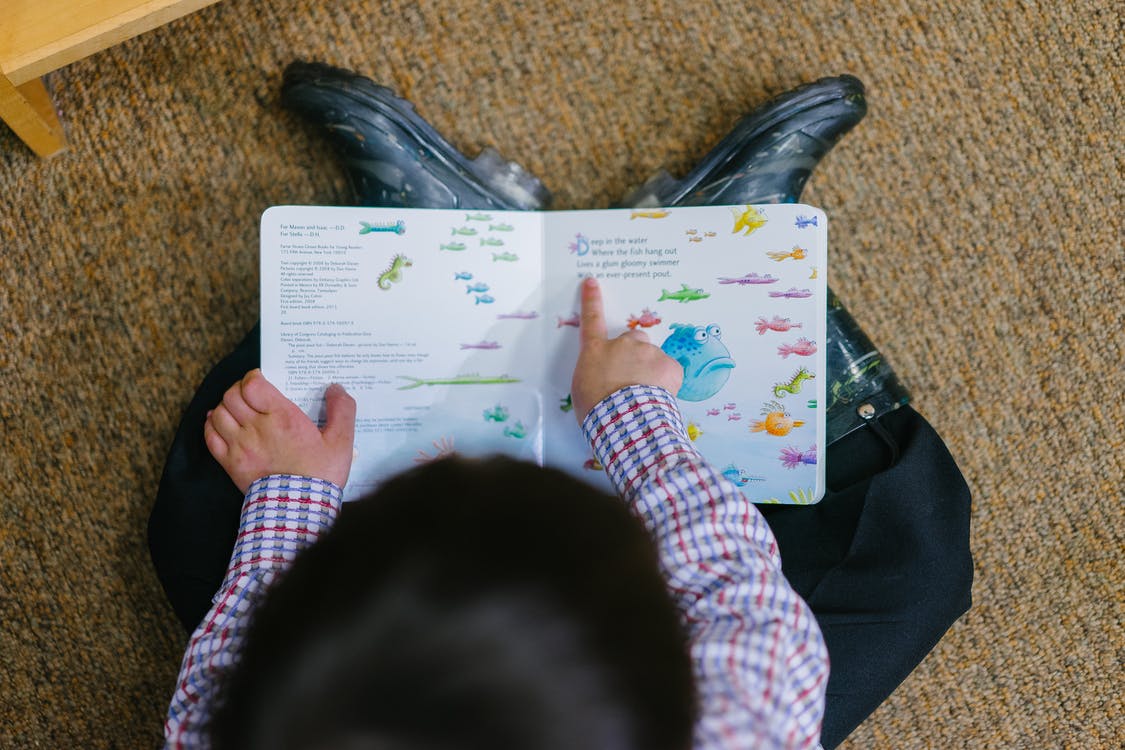Disclosure: In any review for a product or service, products or compensation may have been provided to me to help facilitate my review. All opinions are my own and honest. I am disclosing this in accordance with FTC Guidelines. Please see “Disclose” and "Terms of Use" tabs for more information.
Preschoolers can be pretty savvy, and their ingenuity can be surprising to some. However, when they are preparing to go to kindergarten for the first time, many parents will inevitably worry about coping with being outside the home for the day.

Children are more amenable than they are often given credit for; however, it can be helpful to teach your child a few skills before they head off to school for the first time, not only to put your mind at ease but to give them the skills to cope in a world where they are away from their parents for long periods.
Their Name and Address
Most children will be familiar with their local area and can find their way home using regular routes if they are close by. If they become lost, they need to know essential details such as their name, parents’ names, and where they live. The chances of being reunited in an emergency can be increased if they know some minor details about their home life.
Emergency Services
Toddlers these days are super tech-savvy. Teach your child how to call for emergency services if you have an accident at any time but especially when you are alone. Discuss with them about not talking or going with strangers and that the police and emergency services are there to help them if they need it. This way, if there is an issue, they will be comfortable going with police or paramedics should they need to.
Basic Math
Simple math problems and number recognition can boost them when they go to school and help them become accustomed to learning in an educational environment. Remember, young children learn better through play, so making it fun will help them retain what you are teaching them.
Check out these 8 Preschool Math Activities And Ideas For Emerging Learners to help you encourage a love for learning and support their ongoing development.
Vocabulary
Your child will likely be able to form whole sentences or at least four to five-word phrases by the time they’re three years old. Three-year-olds should be able to articulate a vocabulary of at least 250-500 words.
There are far too many words to compile a complete list, but you should expect your toddler to be able to express and understand the following popular terms, phrases, and concepts:
- Body parts
- Animal names
- Relatives names
- Colors
- Shapes
- Directions
- Weather
- Feelings
Reading
By the age of three, your child should have a solid understanding of the notion of “reading” a book. The goal is not to have them read the words but to navigate a book using the skills they already have.
It should be possible for them to comprehend what is going on in the book by examining the images. They should realize that letters and words on the page have specific meanings, but they won’t comprehend them.
Independence
Allow your three-year-old to attempt several activities on their own so that they learn, understand, and have the opportunity to make mistakes (within limits, of course).
The only way that a child will learn something is by doing it themselves. While they’re working on the task, lend them a hand. Chances are, your child will already be showing solid signs of independence, and gently guiding them and encouraging this can help them to feel more confident.
At a minimum, your child should be attempting to do the following themselves;
- Dressing
- Eating
- Going to the toilet
- Wiping small messes
- Tidying toys away
- Washing their hands
Art
At age three, children will still love to get stuck in and be creative when drawing with different mediums. Art, whether coloring or painting, is a great visual aid for your child to express themselves. Encourage this as much as possible as the control from using different techniques and products can help them master their fine motor skills, which will help them learn to write.
Exercise
Toddlers love getting out and about and being pretty active. There is no denying they won’t need any encouragement to let off steam at any time of the day or night even!
Helping them to develop their gross motor skills can be hugely beneficial. Try things such as;
- Throwing and catching a ball
- Climbing up and down on a jungle gym or climbing frame
- Hopping/jumping/skipping
- Balancing
While it is essential to support your child, it is important to remember that all children develop at different rates, and what might be ideal for one child will be wholly unsuitable for someone else. Avoid forcing them to do what you think they should be doing and gently encourage their skills at their pace.
















Motor skills are really important. That’s a great investment in your kids future when you do this.